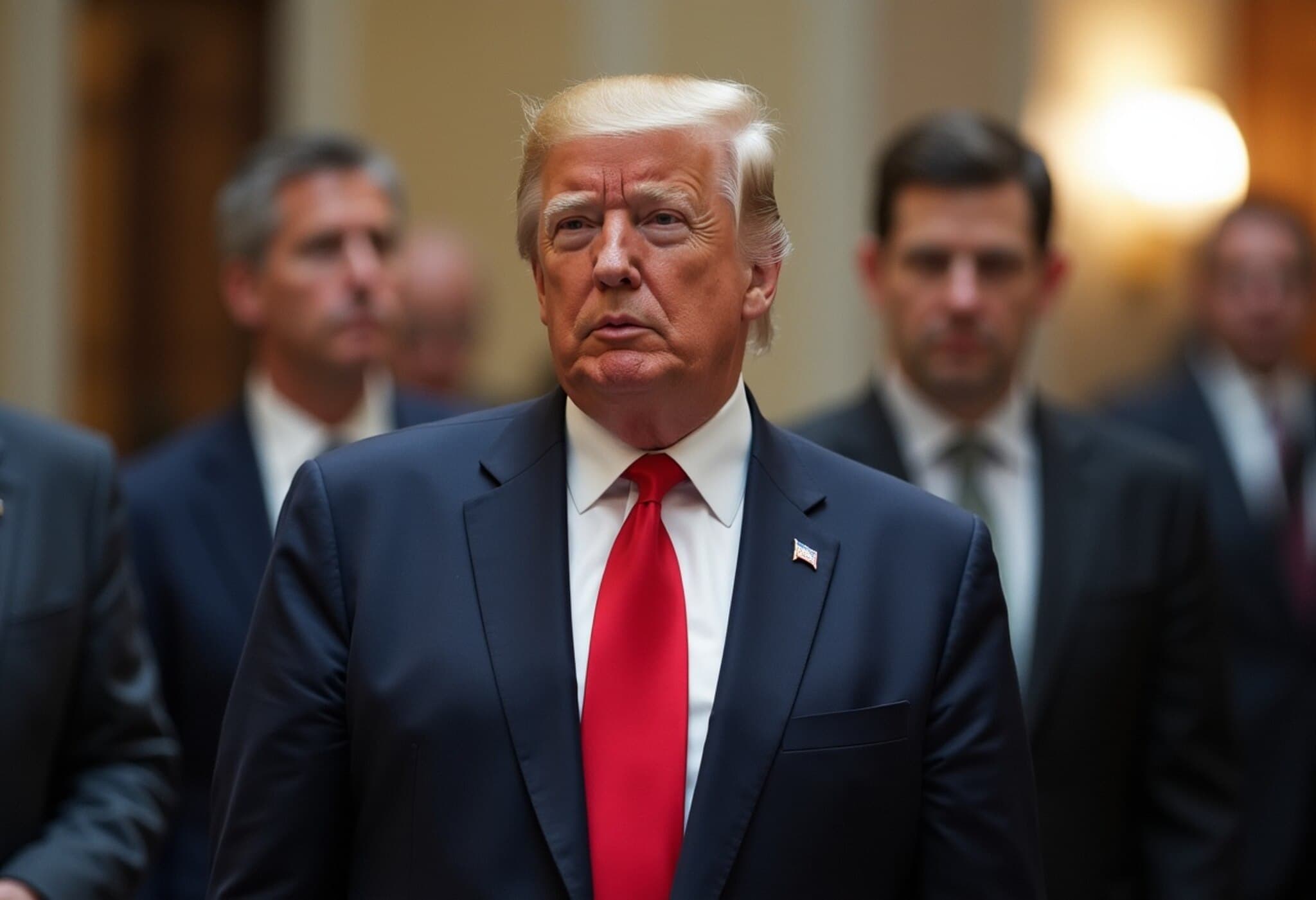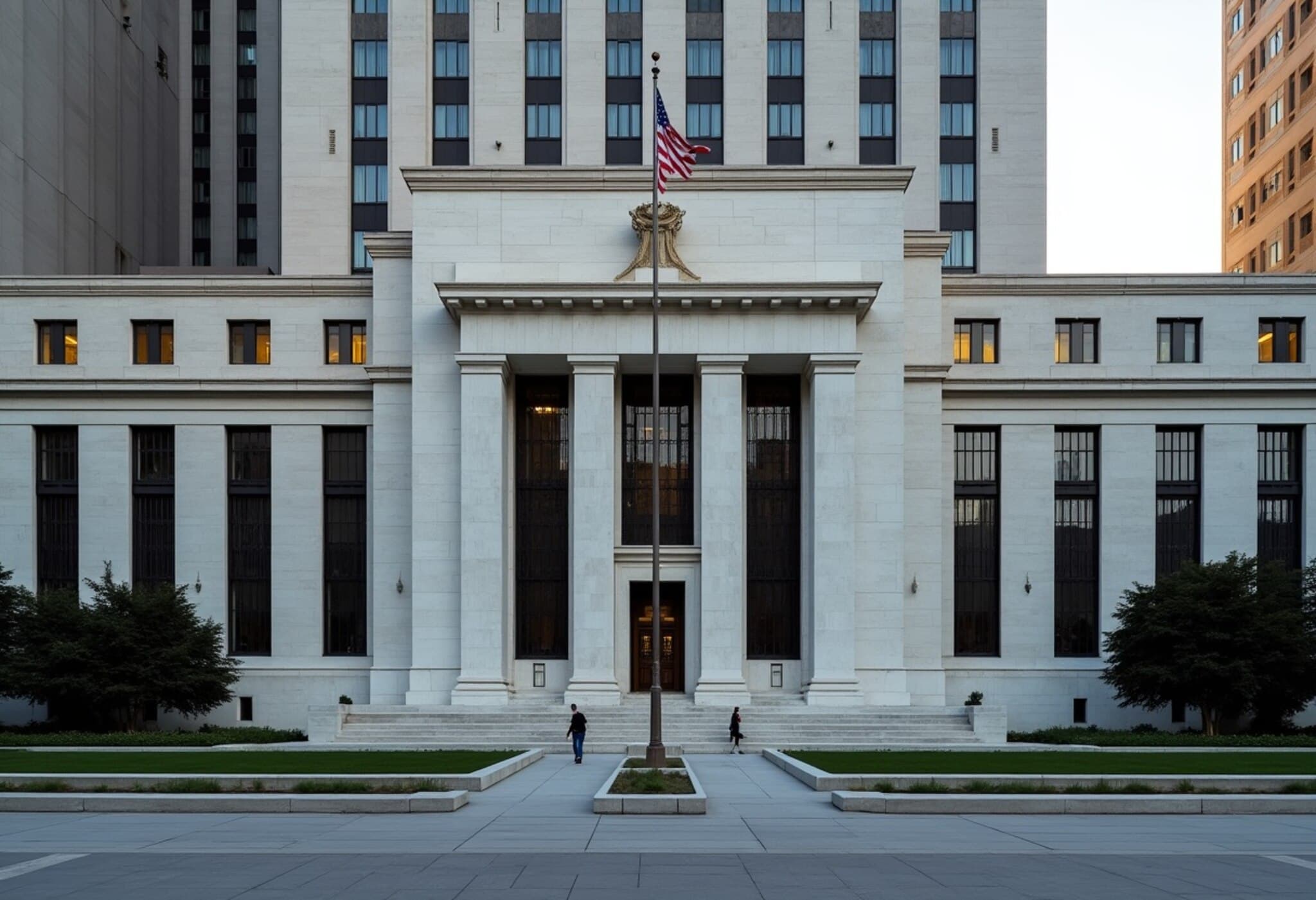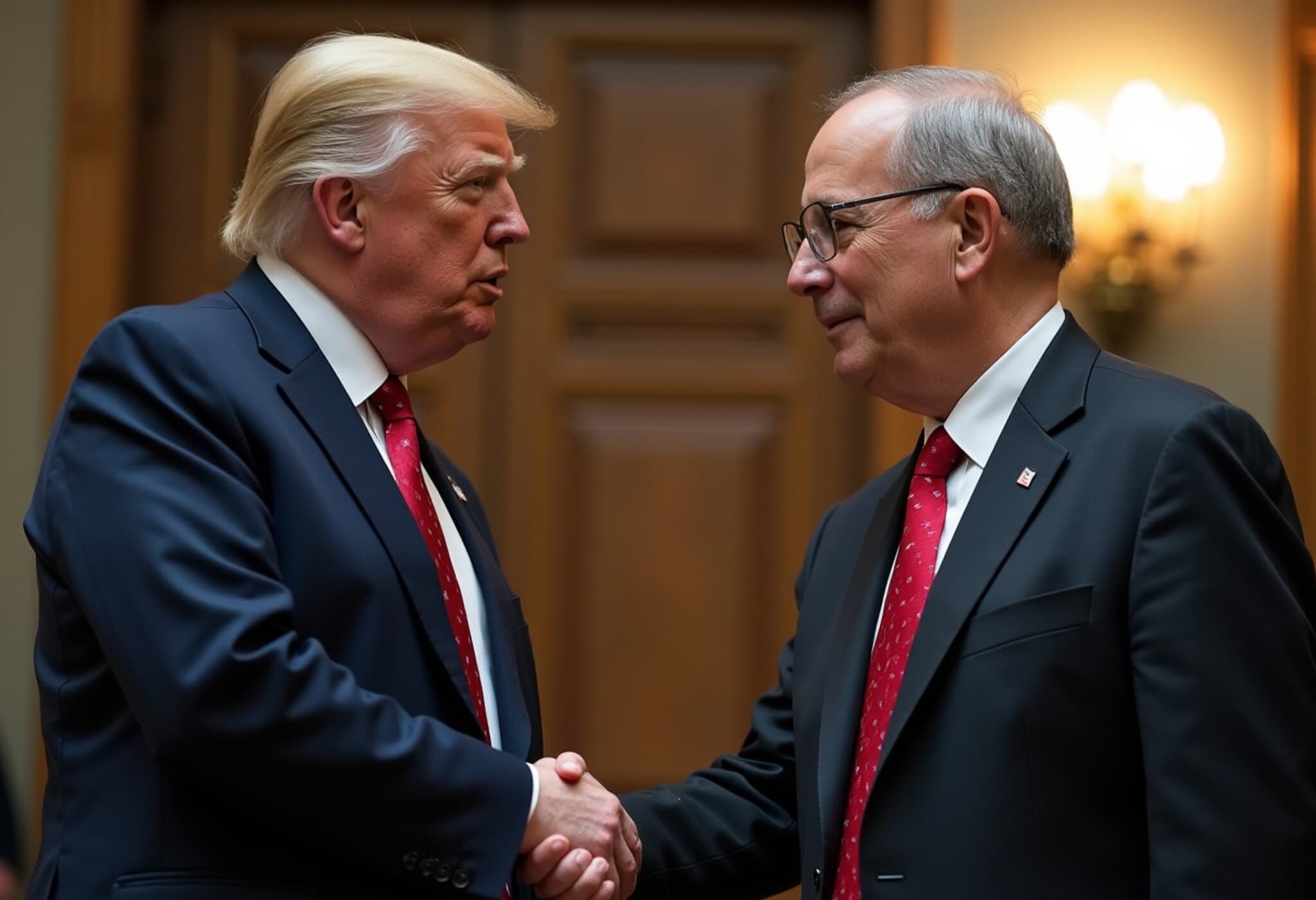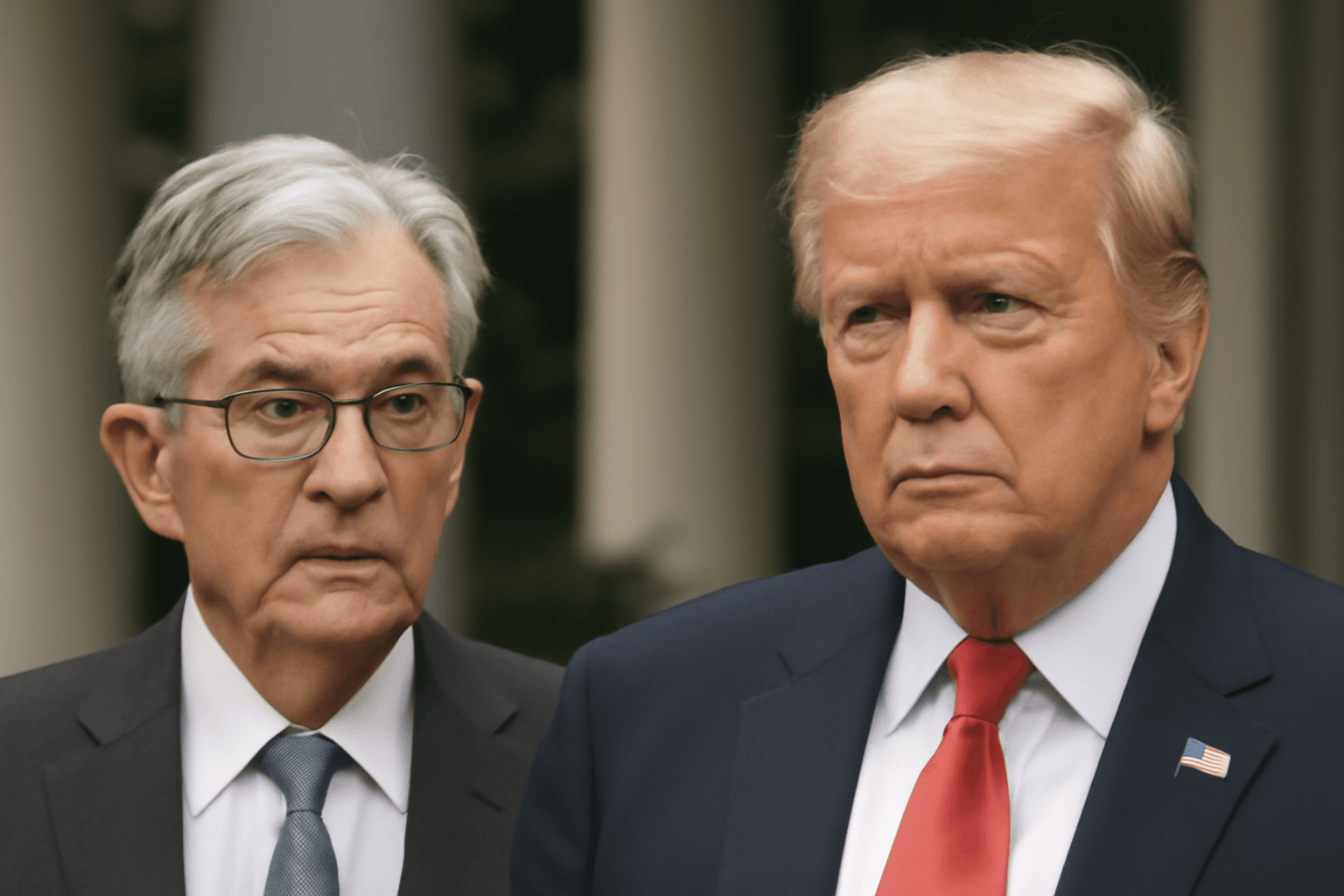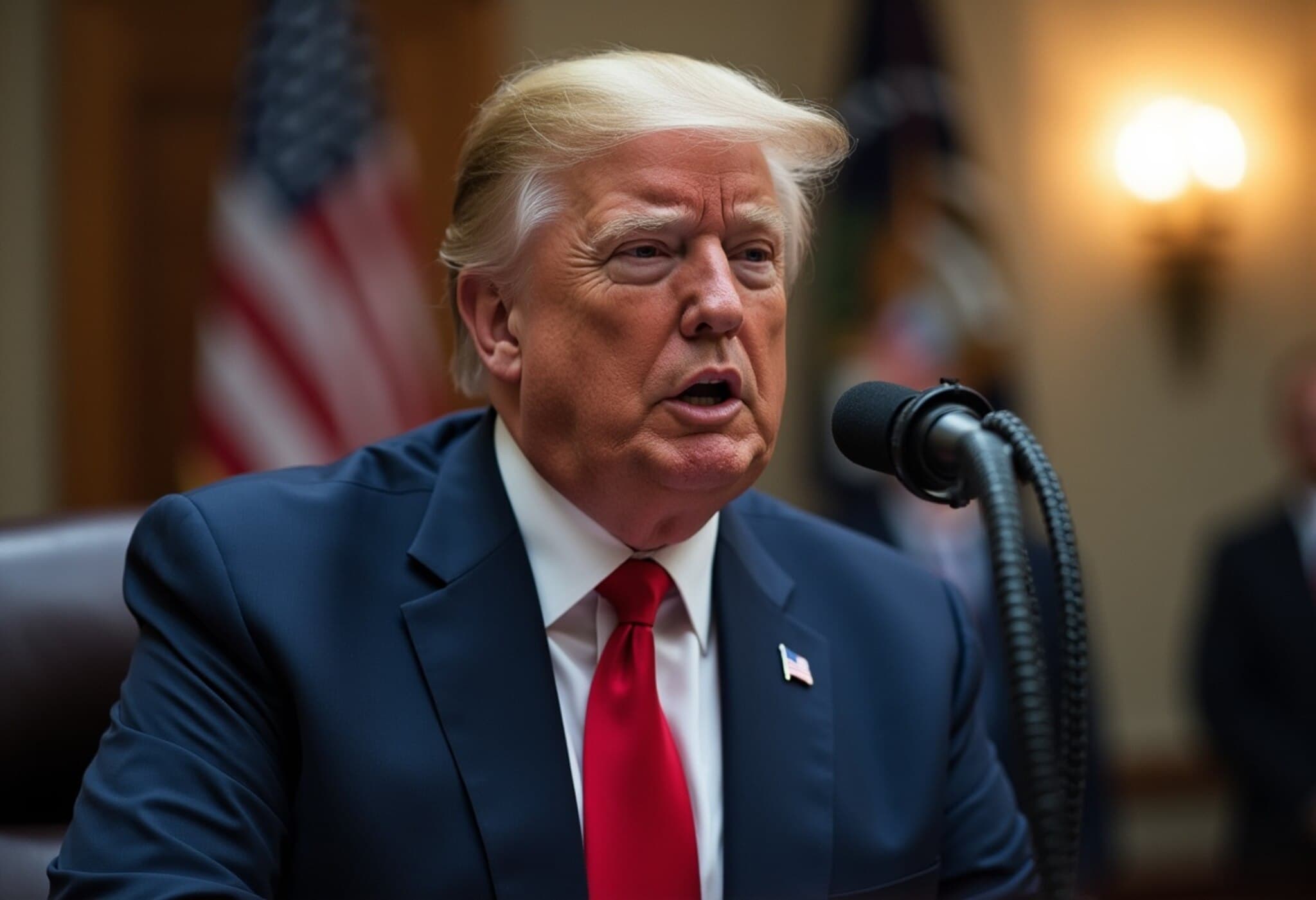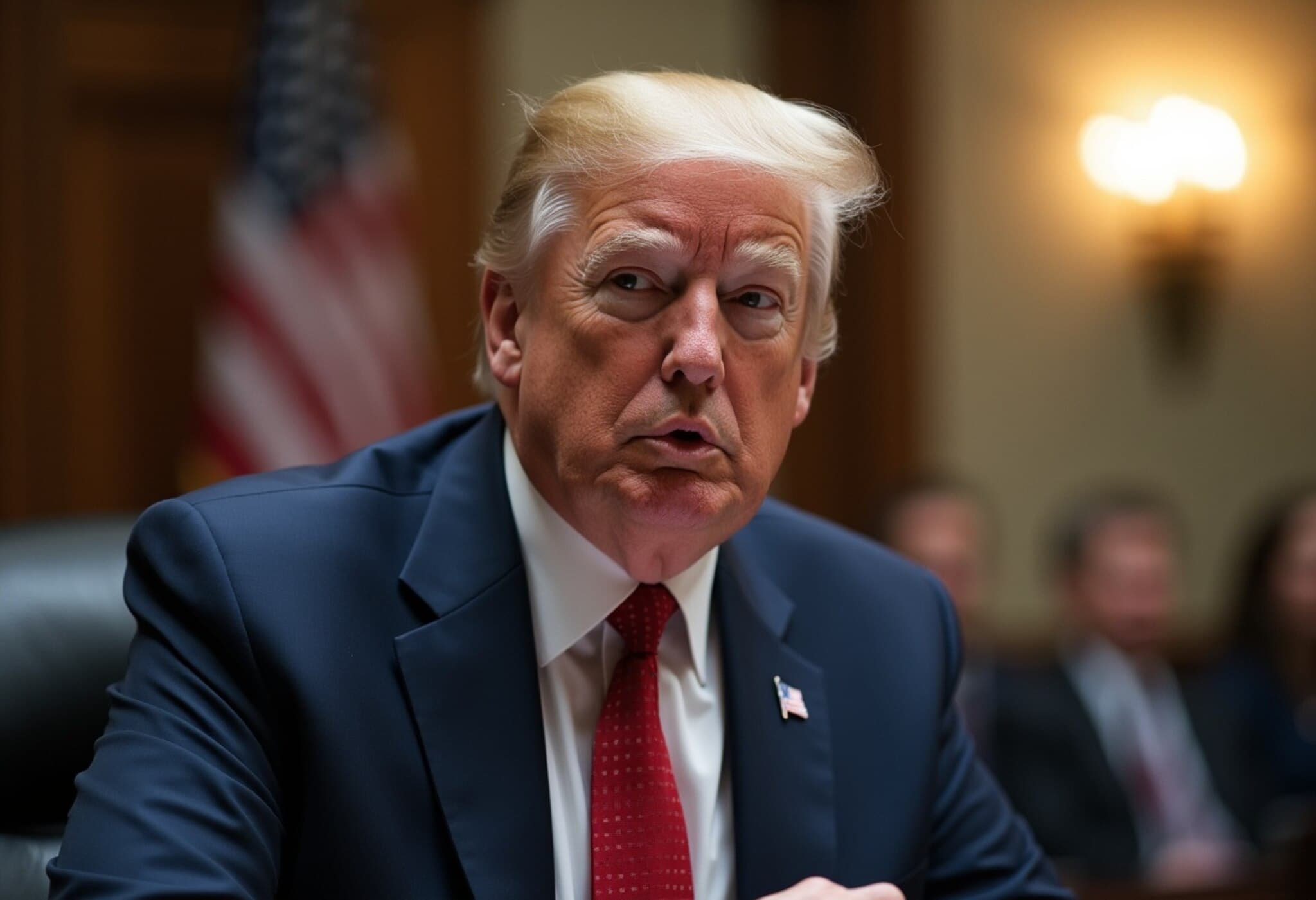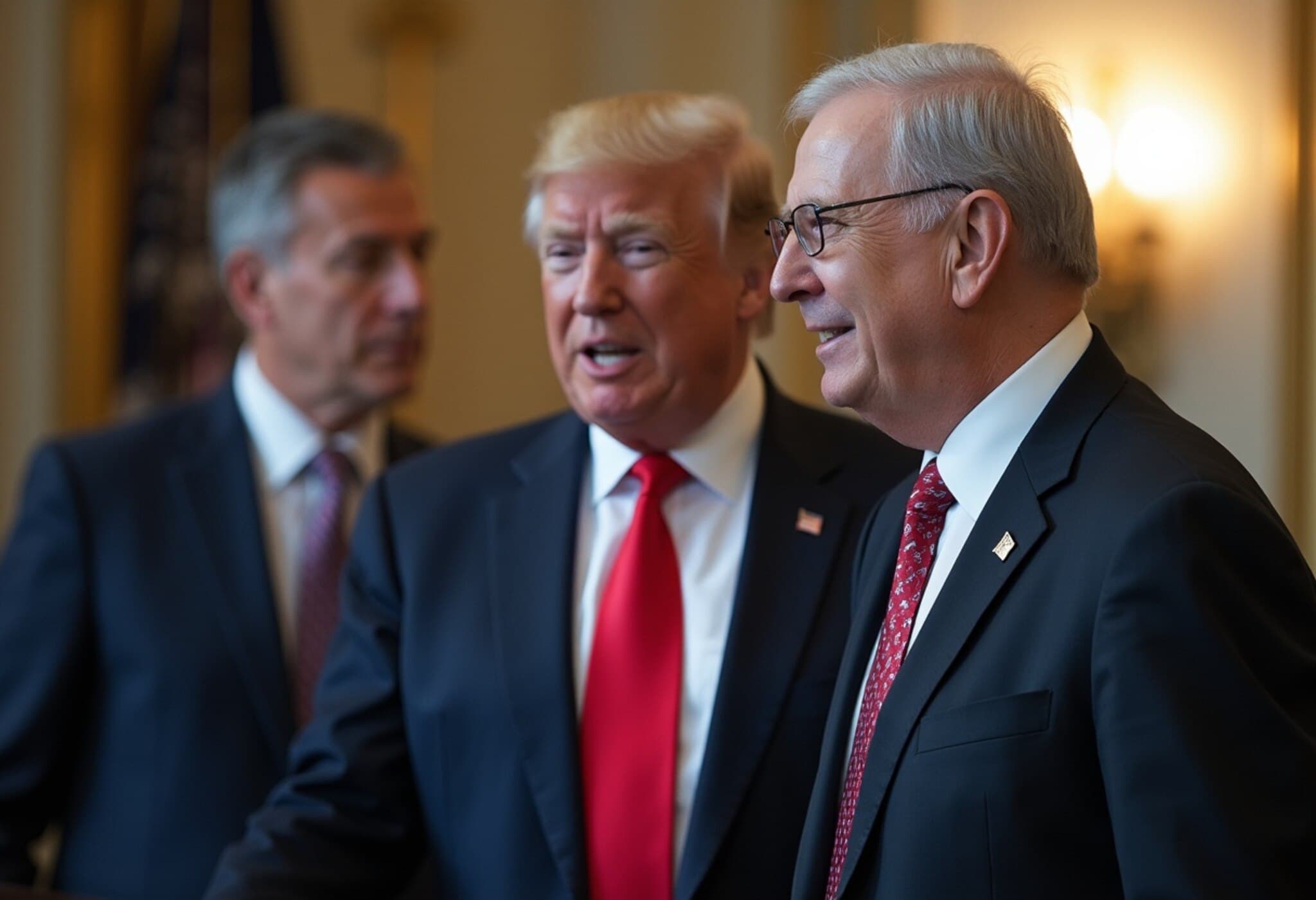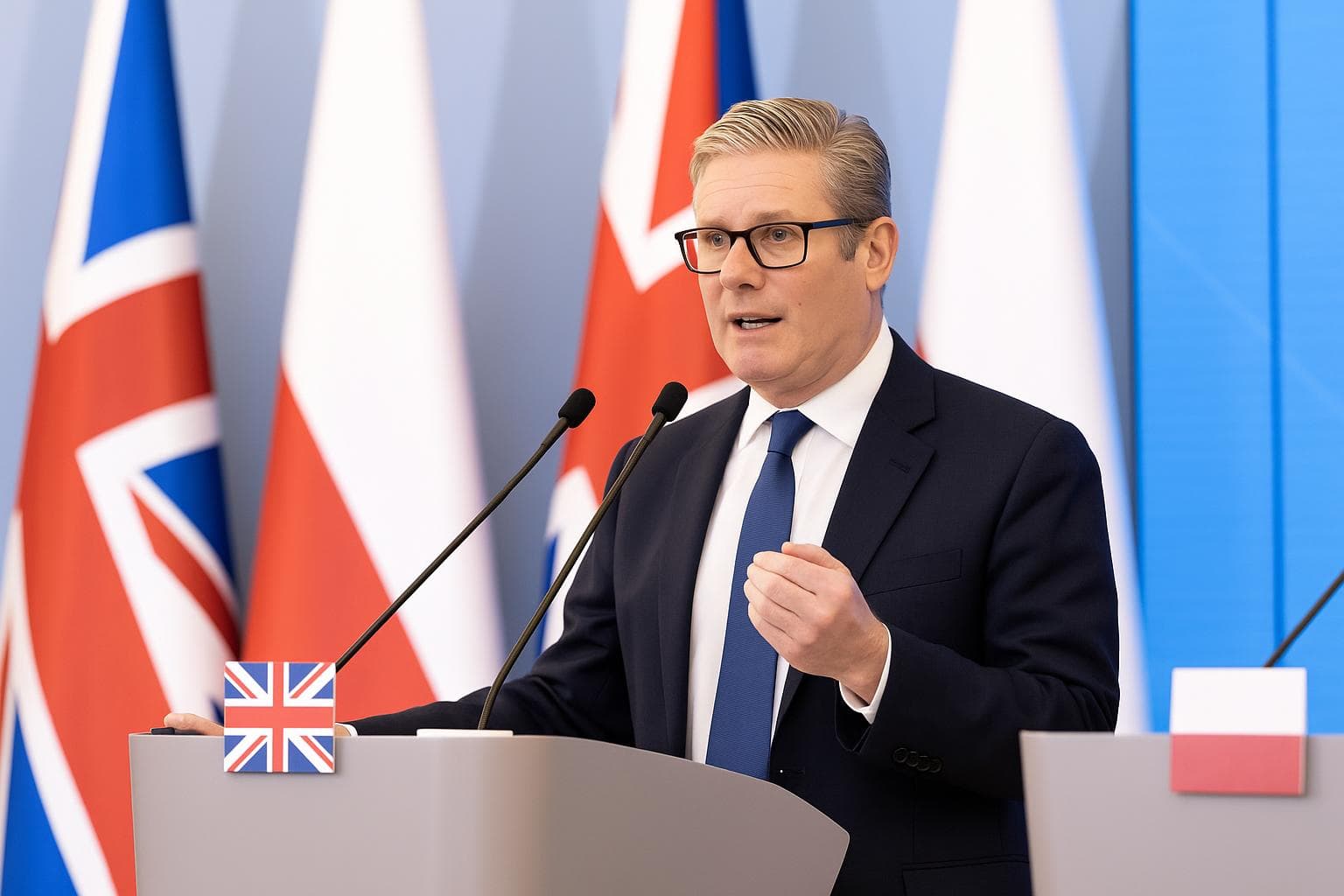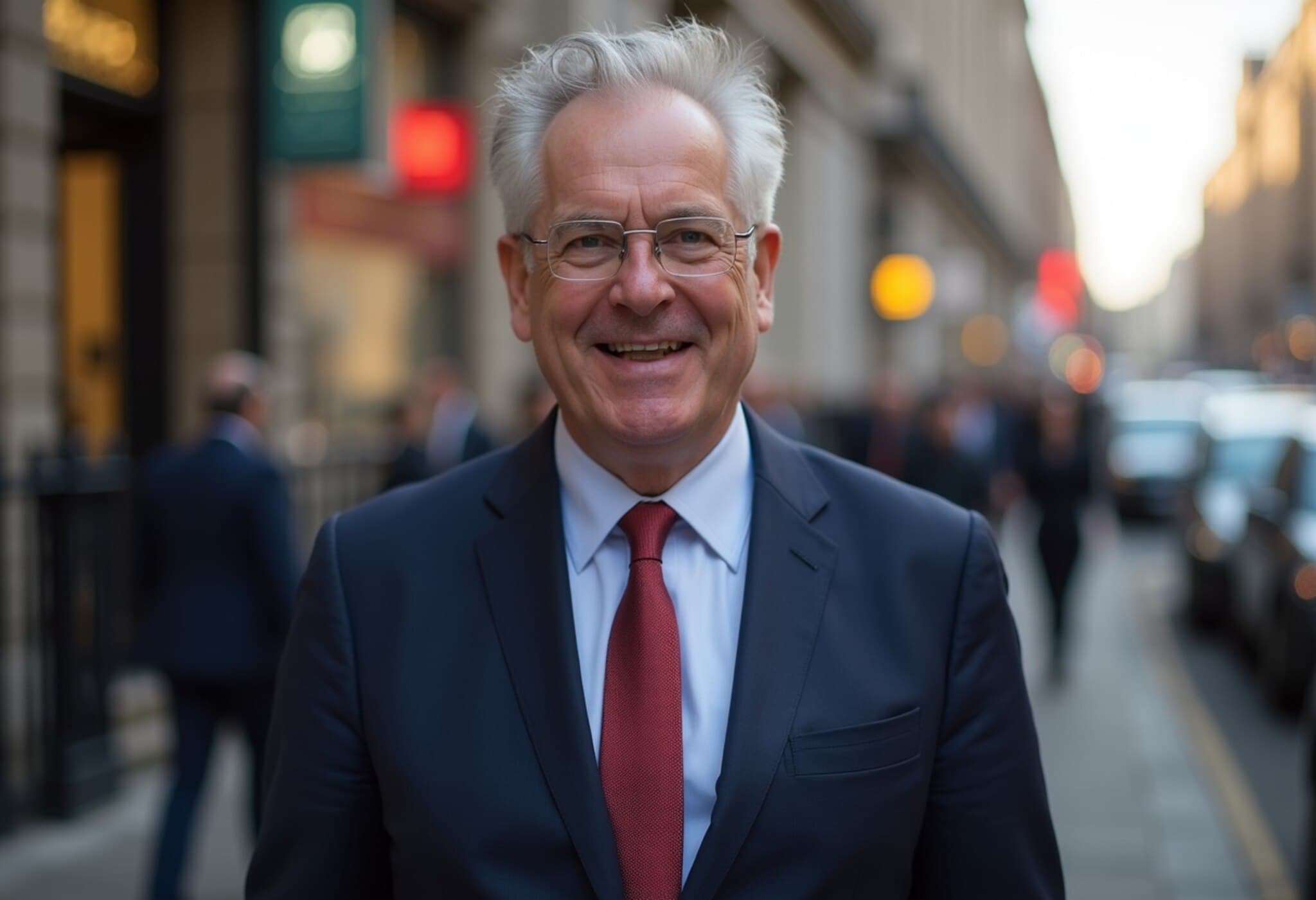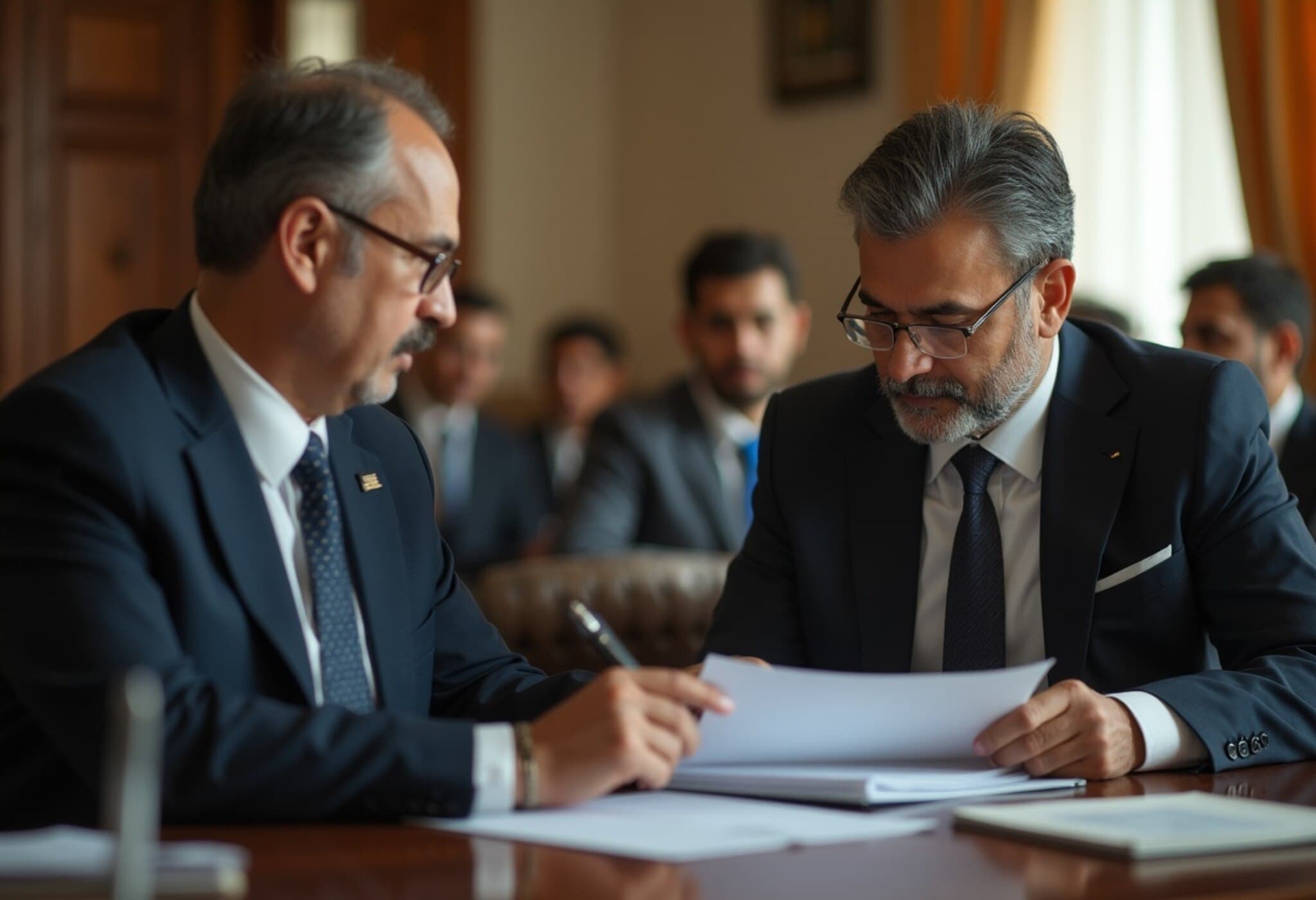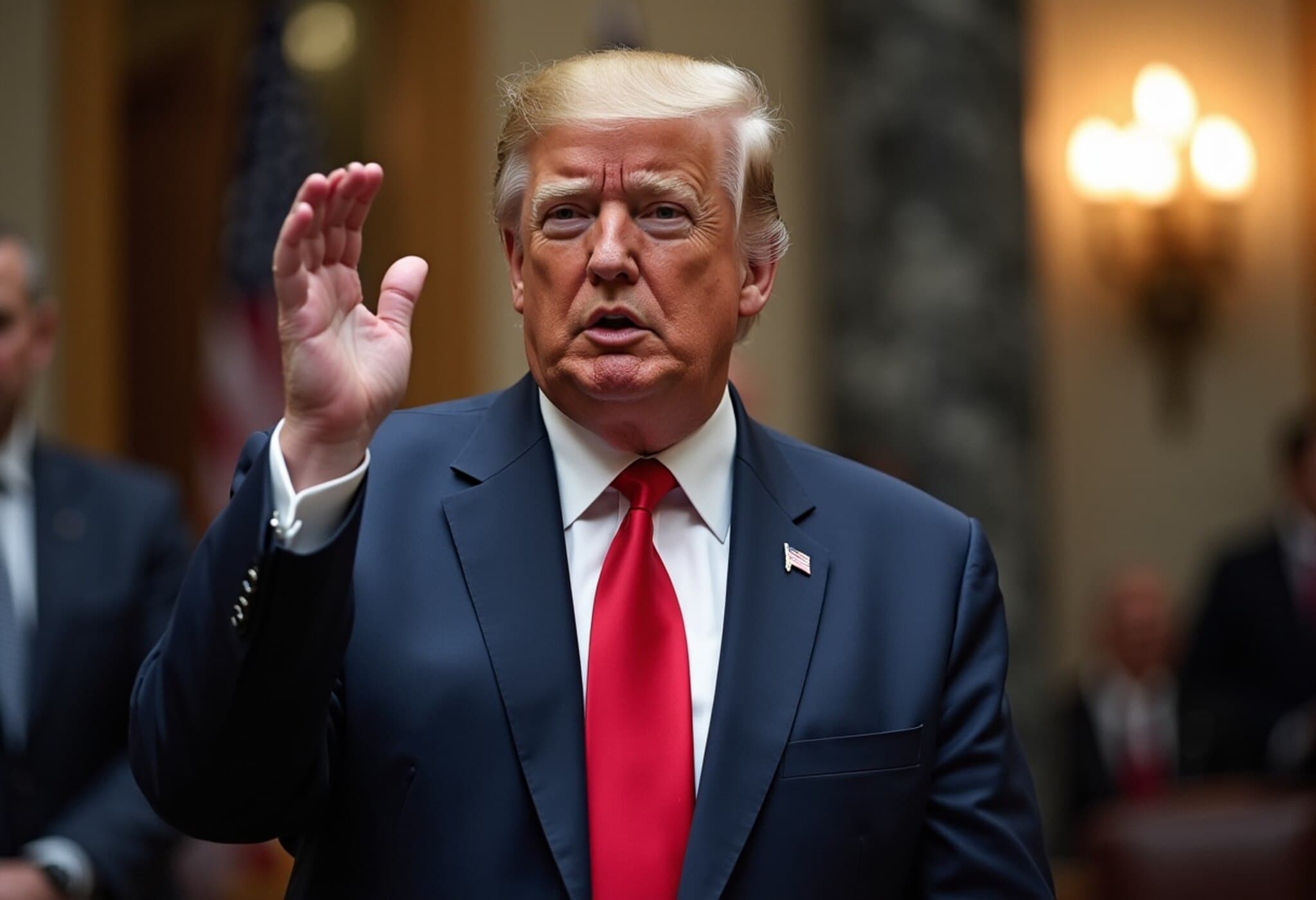UK Tax Overhaul Triggers Millionaire Migration
Recent tax reforms in the United Kingdom have prompted a significant departure of wealthy residents, signaling potential economic challenges ahead. Chancellor Rachel Reeves's decision to abolish the tax exemption on offshore trusts has shifted the UK’s status from a haven for the ultra-rich to one of the most expensive places worldwide regarding inheritance tax.
From Tax Haven to Tax Hotspot
For years, London stood as a magnet for global wealth, offering favorable tax arrangements attracting billionaires and business magnates. This atmosphere changed dramatically following the 2022 invasion of Ukraine, which caused a notable exit of Russian oligarchs due to sanctions.
The departure of some 150,000 Russian residents, who owned roughly £1.1 billion in property, was initially a targeted event few regretted. Yet broader tax reforms have now spurred a wider exodus beyond this group.
Policy Shift and Its Ripple Effects
Jeremy Hunt’s 2024 Budget ended the longstanding non-domiciled resident status, a tax loophole dating back centuries that allowed wealthy individuals to limit UK tax to income earned or brought into the country. While Hunt left offshore trust assets untaxed for inheritance purposes, the succeeding Labour government under Reeves reversed this, exposing these assets to a hefty 40% tax.
This abrupt change transformed the UK's appeal, driving a surge in wealthy individuals relocating elsewhere.
Magnitude of the Outflow
Estimations vary, but analytics firms suggest Britain lost over 10,000 millionaires in 2024 alone—a staggering 157% rise from the previous year—making it one of the highest exoduses worldwide after China.
Despite some disputing these figures as overestimates, property transactions in London's luxury markets fell by 36% in May 2025 compared to the previous year, and thousands of company directors have officially departed, reflecting this trend.
Notable Departures
- Richard Gnodde, Vice Chairman of Goldman Sachs
- Nassef Sawiris, Egypt’s richest man and Aston Villa co-owner
- John Fredriksen, Norwegian shipping magnate
Industry insiders suggest steel billionaire Lakshmi Mittal is also contemplating giving up UK tax residency.
Where Are the Millionaires Heading?
Countries such as Italy, offering attractive flat tax rates on foreign income, and the United Arab Emirates have become popular destinations. The UAE alone is projected to welcome nearly 9,800 millionaires this year.
Economic and Social Impact
The government's optimistic forecasts underestimate the potential fiscal damage. The Office for Budget Responsibility had projected a £2.7 billion annual gain from these tax changes, assuming only a small percentage of non-domiciled residents would leave. However, research suggests up to 63% of these individuals might exit within two years, risking substantial revenue losses.
Beyond lost taxes, sectors such as hospitality, retail, legal services, and luxury goods, which rely on the presence and spending of wealthy individuals, may suffer. Cultural and charitable institutions may also experience a decline in patronage and donations.
Government Response and Future Outlook
While it's unlikely the government can reverse recent exoduses, it may consider reinstating inheritance tax exemptions on offshore trusts to stem further departures. This reversal poses political challenges, as higher taxes on the wealthy remain popular among core Labour voters.
With the school year starting soon, any policy amendments might need to be expedited to prevent additional capital flight.
Rachel Reeves Faces Rising Fiscal Pressure and Political Scrutiny
Amid the tax-driven millionaire exodus, Chancellor Rachel Reeves is grappling with mounting fiscal challenges. Recently, the UK’s fiscal watchdog conceded that economic growth forecasts have been overly optimistic, complicating her efforts to balance public finances.
Budgetary Headwinds
The government’s significant welfare policy reversals have created a £5 billion deficit, fueling parliamentary dissent and casting doubts on Reeves’s authority. Pressure from Labour MPs to ease austerity has introduced new spending commitments, straining the Treasury's already narrow fiscal space.
Calls for Fiscal Flexibility
Some MPs advocate revising fiscal rules to allow more borrowing for investment, but experts warn such moves could undermine market confidence and increase borrowing costs. Reeves remains committed to fiscal prudence but faces limited options without raising taxes or cutting spending.
Political Fallout: Emotional Display and Party Dynamics
In a rare and public moment of vulnerability, Chancellor Reeves was seen wiping away tears during a heated parliamentary session. This emotional display reflects the immense pressure she faces amid severe criticism over welfare reforms and tax policy.
Leadership Support and Challenges
Downing Street confirmed that Reeves retains full backing from Prime Minister Keir Starmer despite mounting speculation over cabinet reshuffles. Yet internal party dissent and opposition attacks continue to challenge her position.
Market Reaction and Economic Implications
Investor confidence has wavered following these political developments. UK government bond yields surged, and the pound weakened in response to uncertainty surrounding fiscal policy direction and leadership stability.
Looking Ahead: Navigating a Complex Landscape
The UK is at a crossroads, balancing the need to attract and retain wealthy investors against public demands for fairer taxation and robust public services. How Chancellor Reeves and the government address these intertwined fiscal and political issues will shape the UK's economic prospects in the coming years.


